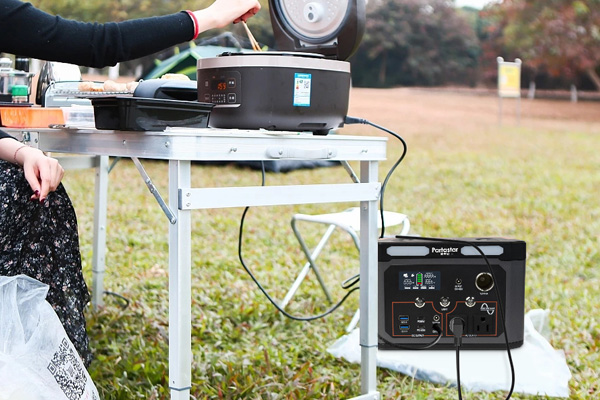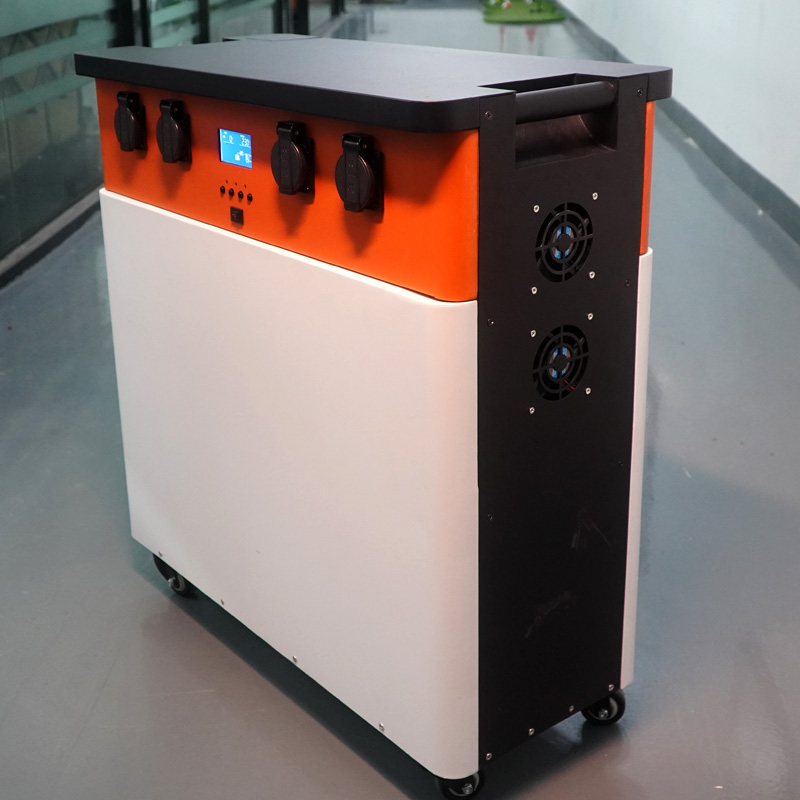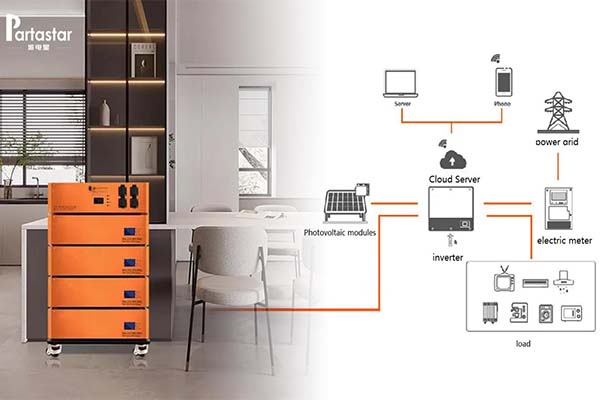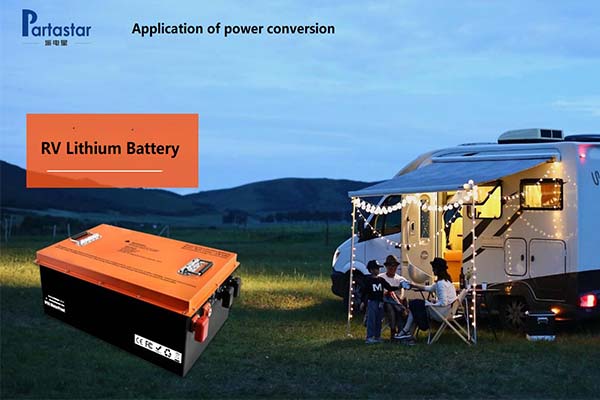When it comes to choosing a generator, there are two primary options: battery-powered generators and gas generators. Both options have their pros and cons, and the right choice depends on your specific needs and preferences. In this article, we'll compare battery-powered generators and gas generators and explore which is better.
Battery-Powered Generators
Battery-powered generators are portable power sources that operate on rechargeable batteries. They offer several benefits over gas generators, including:
1. Quiet Operation: Battery-powered generators produce little to no noise, making them ideal for use in residential areas or for those who prefer a quieter outdoor experience.
2. Environmentally-Friendly: Battery-powered generators don't emit harmful fumes or pollutants, making them an excellent alternative for those who prioritize sustainability and want to reduce their carbon footprint.
3. Safe to Use Indoors: Battery-powered generators don't produce any harmful fumes, making them safe to use in confined spaces such as inside a home or tent.
4. Low Maintenance: Battery-powered generators require very little maintenance compared to gas generators. They don't require frequent oil changes or other maintenance tasks, making them a convenient and hassle-free option for backup power.
5. Cost-Effective: While battery-powered generators may have a higher upfront cost compared to gas generators, they're often more cost-effective in the long run. They don't require fuel or frequent maintenance, which can save you money over time.

Gas Generators
Gas generators, on the other hand, are portable power sources that operate on gasoline or propane. They offer several benefits over battery-powered generators, including:
1. Higher Power Output: Gas generators can provide higher wattage output compared to battery-powered generators, making them ideal for powering larger devices and appliances.
2. Longer Runtime: Gas generators can run for longer periods compared to battery-powered generators, making them ideal for extended power outages.
3. Versatility: Gas generators are incredibly versatile and can be used for a wide range of applications, including powering construction sites and outdoor events.
4. Widely Available: Gasoline is widely available and can be found at gas stations and other retail locations, making it easy to refuel a gas generator.
5. Lower Upfront Cost: Gas generators generally have a lower upfront cost compared to battery-powered generators, making them a more affordable option for those on a budget.
Which is Better?
Ultimately, the choice between a battery-powered generator and a gas generator depends on your specific needs and preferences. If you prioritize quiet operation, environmental sustainability, and low maintenance, a battery-powered generator may be the better choice for you. On the other hand, if you need higher wattage output, longer runtime, versatility, and a lower upfront cost, a gas generator may be the better choice.
It's also worth noting that some generators, such as dual-fuel generators, offer the best of both worlds. Dual-fuel generators can operate on both gasoline and propane and offer the benefits of both types of generators.
In conclusion, both battery-powered generators and gas generators have their pros and cons. When choosing between the two, it's important to consider factors such as power output, runtime, noise level, environmental impact, maintenance requirements, and cost. By weighing these factors, you can choose the generator that best meets your needs and preferences.



